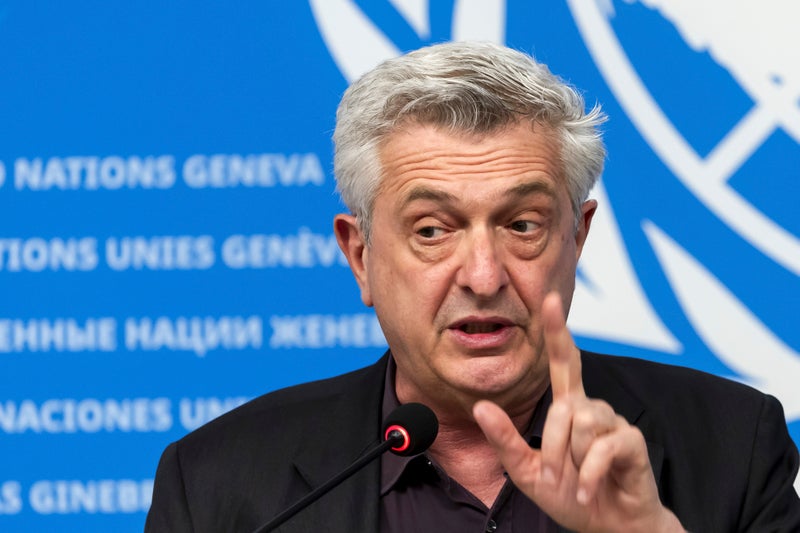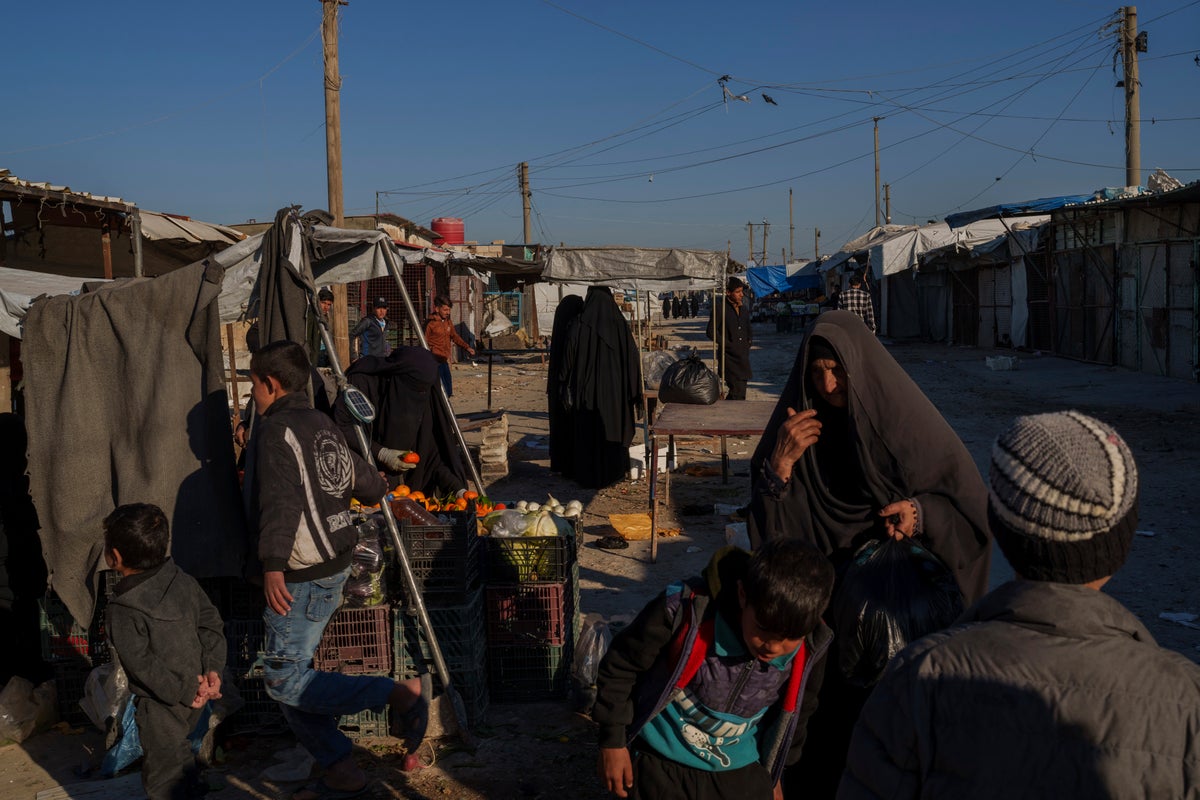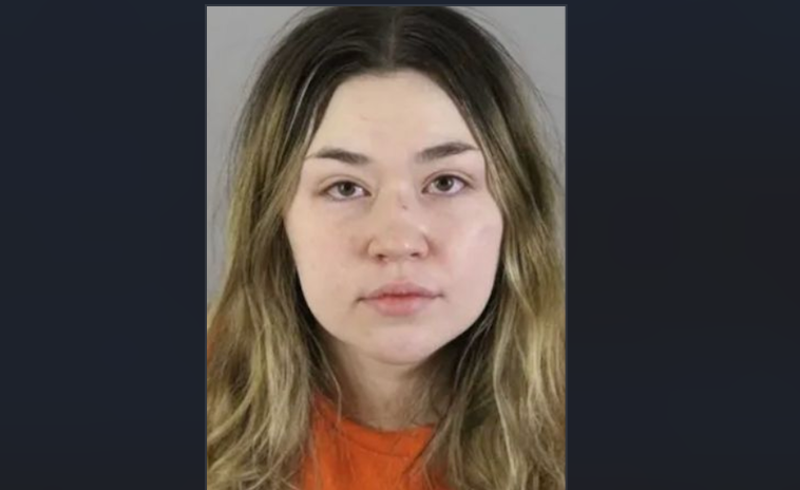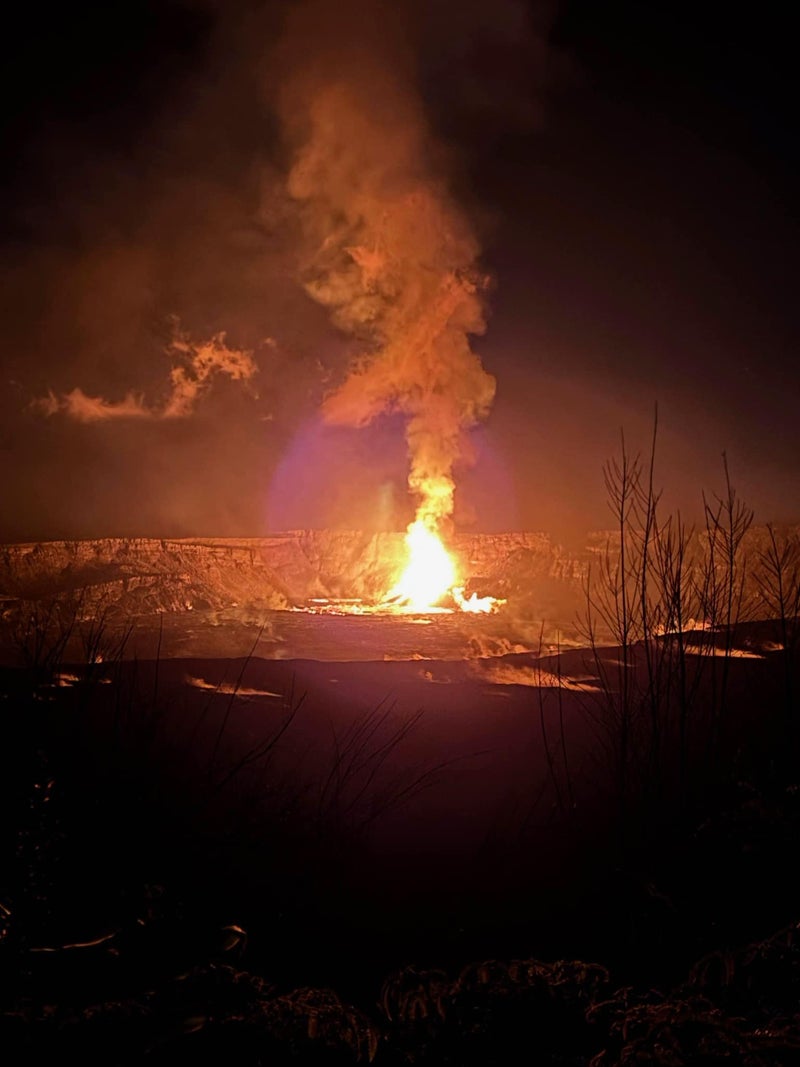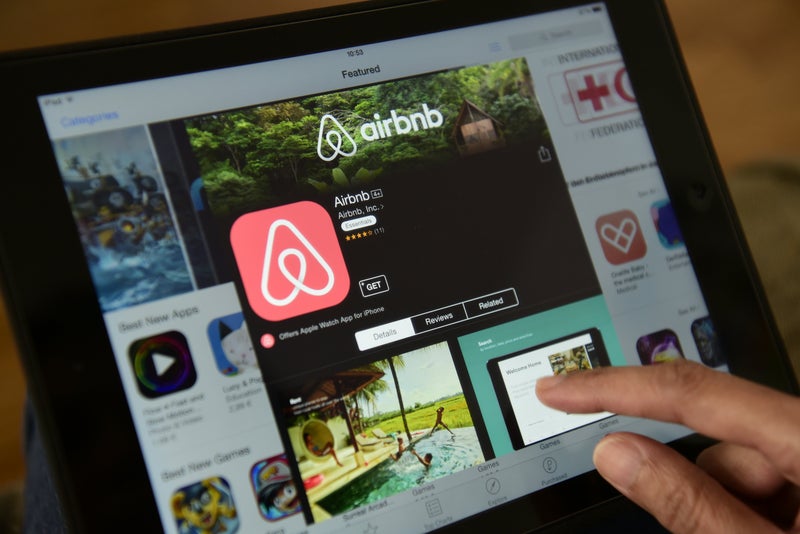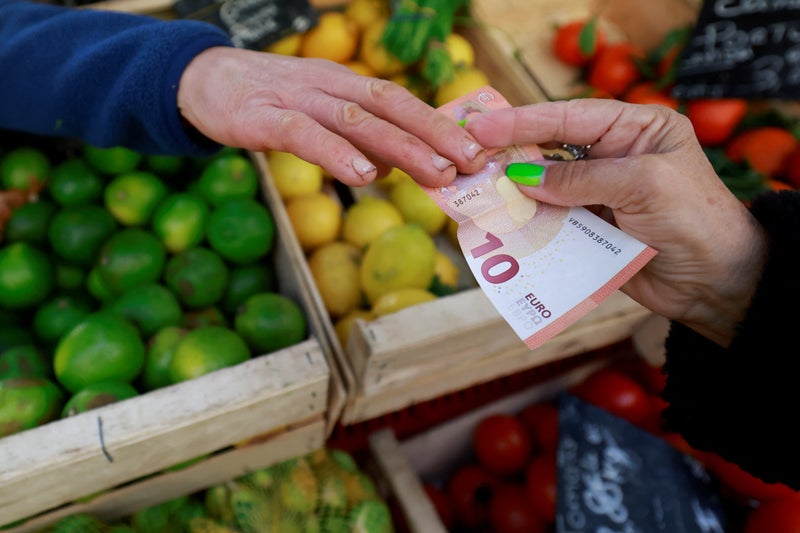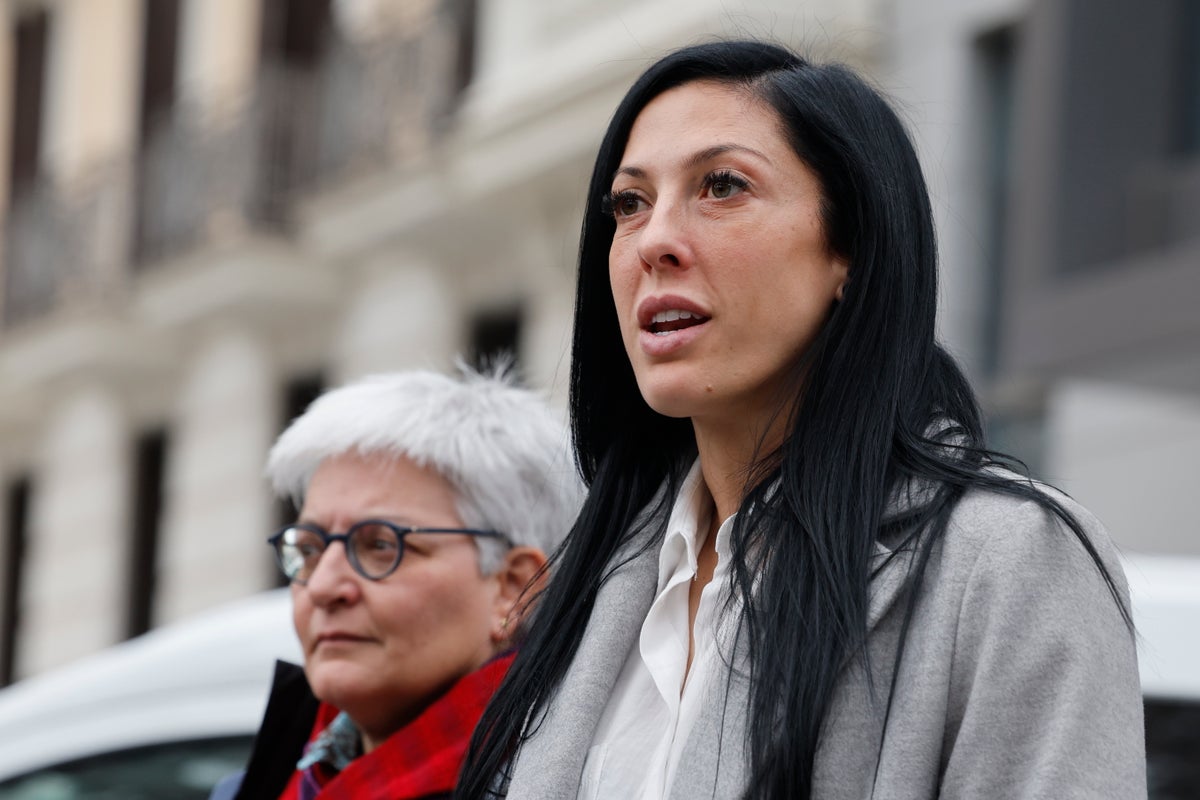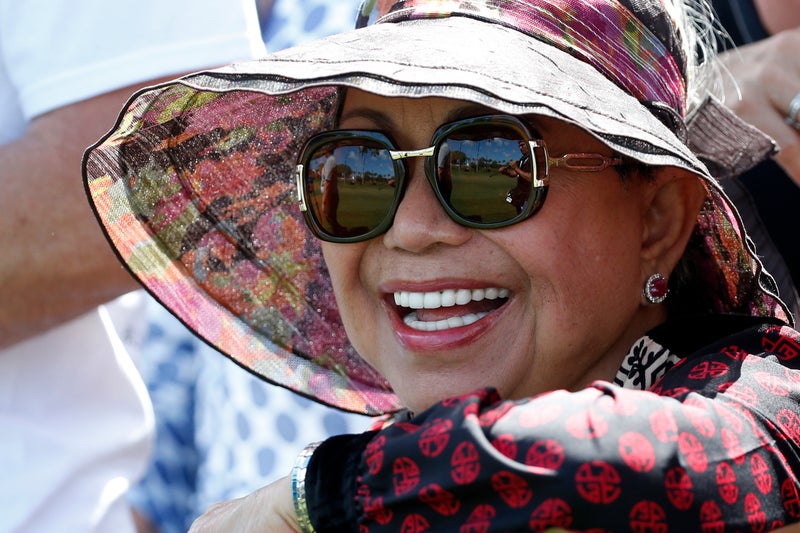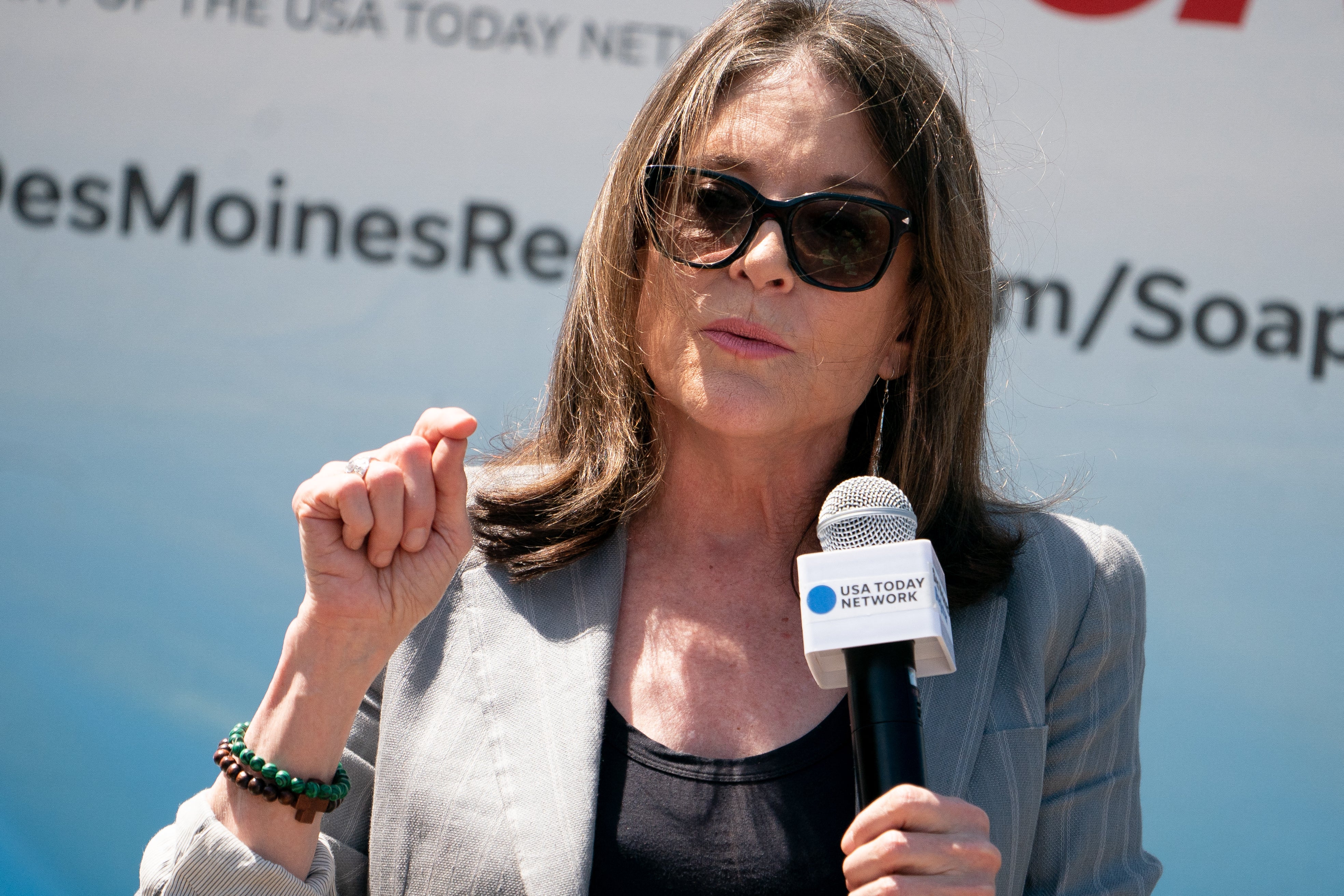In the town of Sarmada in northern Syria, Dr. Mohammad Fares unlocked a clinic that once bustled with patients. Now it's empty, and shelves of medicine reduced to a few boxes of bandages and expired drugs. This is what it looks like after the Trump administration halted U.S. foreign assistance last month. The U.S. Agency for International Development, USAID, issued stop-work orders during a 90-day review for what the administration has alleged is wasteful spending.
Fares had been working in three clinics run by Médecins du Monde, or Doctors of the World, offering free health care to the displaced population in northern Syria, which until the fall of former President Bashar Assad in December had been the country's main rebel-held enclave. It sheltered millions of people who had fled years of civil war. Their already grim camps swelled again in 2023 after a deadly magnitude 7.8 earthquake hit Turkey and northern Syria. Since the fall of Assad, some displaced Syrians have begun to return home, but many have no homes left.
Fares’ clinic in Sarmada used to support 16 camps in the region, assisting approximately 35,000 people. Since the aid freeze, 10 such clinics receiving USAID funding had to close, and Doctors of the World had to lay off 184 people, officials with the organization said. “If the support is not resumed, there will be a major disaster and serious harm to vulnerable groups,” said Fares, who heads the organization’s medical programs. “Operating costs of clinics are much lower than those of hospitals. The cessation of work in these clinics will put increased pressure on emergency hospitals and other healthcare facilities".
This part of Syria lacks centralized government healthcare, leaving people reliant on nonprofit providers and making the impact of the sudden U.S. cuts especially dire, aid workers and experts said. "Our analysis shows that withdrawing all of USAID’s support in Syria would be equivalent to a devastating shock of 5% to its already struggling economy. This is among the largest impacts on any recipient." said Ian Mitchell, senior policy fellow at the Washington based Center for Global Development.
The U.S. had been providing 25 cents in foreign aid for every $100 of U.S. income, Mitchell said, but that relatively small contribution had outsized impact: “Without U.S. support in places like Gaza and Syria, the world will become a more dangerous place.". In one camp that had been served by a Doctors of the World clinic, near Kawkaba village, children played among the crowded tents. Camp director Abdelkareem Khaled said the suspension of aid has exacerbated already difficult conditions.
“Patients, especially those who need medicine every month, can no longer afford it at the pharmacy,” he said, leaving those with chronic diseases like diabetes with wrenching decisions to make. In one tent, Bassam Hussein, father of 4 daughters. said he was forced to pull his 12-year-old daughter out of school so she could work in an almond field to help pay for the medicine he uses for his thyroid illness.
“Every twenty days, I need a pack of medicine that costs $12,” he said, "If I don’t secure the cost of the medicine, I experience complications — weakness, depression and so on.” He said he was unable to work because of past injuries and illnesses. Other organizations are in limbo. Some have continued providing services without knowing where they will find the money. Dr. Mufaddal Hamadeh, president of the Syrian American Medical Society, which runs hospitals and mobile clinics across the north, said some services had to continue, such as the maternity ward and incubators. But it's unclear how long that will remain sustainable.
“We’re not certain if we’ll get a waiver or reimbursement for the expenses we’ve already covered," he said, referring to the U.S. government. ”That already put a huge financial burden on us.” He refused to give details. Secretary of State Marco Rubio has issued a waiver to exempt emergency food aid and “life-saving” programs. But Hamadeh and others said funding has not resumed to a point that would allow them to fully restore services.
“We’re going to have to shut down some of these hospitals and shrink,” Hamadeh said. “We can’t be providing free services anymore.". Some programs, such as mental health support for refugees in Turkey and an autism center for children, may not be deemed life-saving. “We have a grant that supports survivors of torture and sexual assault,” Hamadeh said. “Are these services life-saving or not? Likely they will be shut down.”.
USAID and the U.S. government did not respond to questions. Elsewhere, USAID workers and aid officials have said funding hasn't resumed despite waivers, or USAID staffers who would process them are now gone. SAMS relies on USAID for about 25 to 30% of its funds. It's significant, but some other organizations working in Syria receive much more. Doctors of the World's Istanbul office, which oversees operations in northern Syria, was receiving 60% of its funding from USAID.



